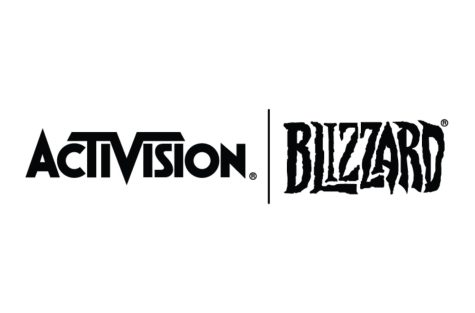The Power of Social Media

FBI Agent Suspected in Hillary Email Leaks Found Dead in Apparent Murder- Suicide. BREAKING: Hillary Clinton files for divorce in New York court. Donald Trump Protester Speaks Out: ‘I Was Paid $3,500 To Protest Trump’s Rally.’ All of these are actual, fake headlines that were published during the 2016 election. In this past election, I realized just how powerful social media is in the perception of political leaders. Wouldn’t you think a little differently if you thought an FBI agent really died because of an investigation he was doing on Clinton?
My friend’s younger brother who is in middle school is at the peak age for social media obsession. He spends hours after school on Instagram, spends time throughout the day on Snapchat, and will soon dive into the depths of Facebook. He tends to just shout rash political statements at me, sometimes to get a reaction, and sometimes to mimic what he is seeing on social media. I see what he looks at on Instagram because he never misses the opportunity to show me. I see all of the memes, posted by a plethora of accounts. These memes are more powerful than some may think.
Twelve, thirteen and fourteen-year-olds are very unlikely to do research on the truth behind what the post is saying. In fact, some adults don’t research further either. The youth of this country, in most cases, just laugh, tag their friends and repeat whatever joke was featured in the post. I see countless posts on social media, whether they be memes, photoshopped images, or videos, that address politics. And countless times I have noticed, again and again, that there is no truth behind these posts.
Fake news websites have always existed. Some of the top news websites out there, like the National Report, get 800,000 visitors a month. There is also The Onion, which posts satirical news stories that are grounded in current events. But in this current day, it’s become common for social media posts to go viral with no factual backing. How are the people of our country supposed to decipher between real news and unsubstantiated news? It can be a confusing game. These posts, regarding political leaders, have the ability to completely influence and change people’s perceptions of others.
If you question whether the death of fact-based news and the rise of fake news is a huge problem on the web, all you have to do is look at the recent actions of the web powerhouse: Google. According to The Verge online, Google is currently in the process of updating its policies in order to ban fake news sites from using its ad network. Also, Facebook employees are planning to form a task force to address fake news and restrict fake news ads on the website. While Facebook CEO Mark Zuckerberg has expressed his belief that it is “crazy” to think that fake, nonfactual posts on Facebook have had a role in our 2016 election, many experts have expressed concern for this issue. Professor Mark Pearson of Griffith University spoke to ABC news and reported that, “There is an enormous amount of misinformation on Facebook and other social media.” Some people put up fake news as fun, for people to laugh at, and others do it with a political purpose.
Like bad rumors or urban legends, fake social media posts have lasting power. The difference, though, is that social media sends this bad information everywhere, to everyone in the world. The glut of social media posts that lack truth is riddling our society with toxins. Let’s put our trust in CNN and ABC; this country needs more stability and truth, especially in the media. As far as social media and politics go, I’m not entertained.









